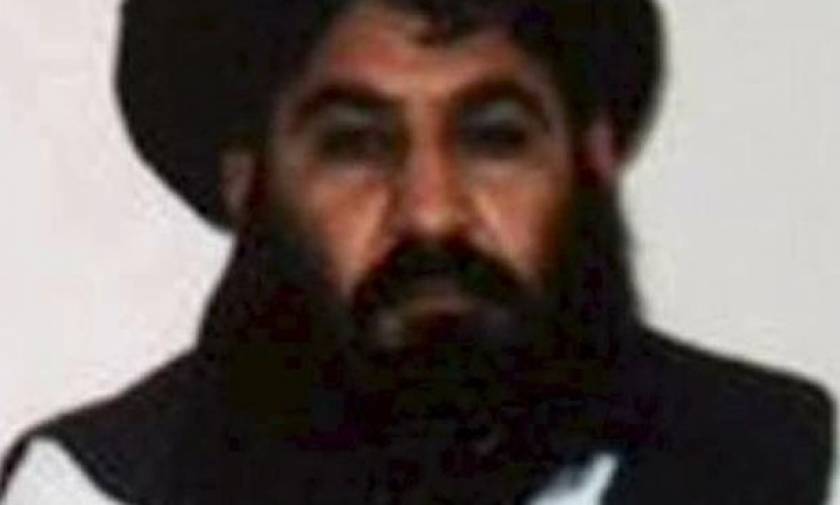Afghan Taliban leader likely killed in U.S. drone strike

The United States carried out an air strike on the leader of the Afghan Taliban, probably killing him in a remote area just inside the Pakistan border in an operation likely to sink any immediate prospect for peace talks.
If confirmed, the death of Mullah Akhtar Mansour may open up a battle for succession and deepen fractures that emerged in the insurgent movement after the death of its founder Mullah Mohammad Omar was confirmed last year, more than two years after he died.
Saturday's mission, which U.S. officials said was authorized by President Barack Obama and included multiple drones, showed the United States was prepared to go after the Taliban leadership in Pakistan, which the Western-backed government in Kabul has repeatedly accused of sheltering the insurgents.
It also underscored the belief among U.S. commanders that under Mansour's leadership, the Taliban have grown increasing close to militant groups like al Qaeda, posing a direct threat to U.S. security.
Pentagon spokesman Peter Cook confirmed a strike targeting Mansour near the Afghanistan-Pakistan border region but declined to speculate on his fate.
"We are still assessing the results of the strike and will provide more information as it becomes available," Cook said.
The Taliban have made no official reaction but attention has immediately focused on Mansour's deputy, Sirajuddin Haqqani, leader of a notorious network blamed for most of the recent high profile suicide attacks in Kabul.
"Based purely on matters of hierarchy, he would be the favorite to succeed Mansour," said Michael Kugelman, an analyst at the Woodrow Wilson Institute, a Washington-based think tank.
"But when it comes to the Taliban, nothing is clear cut and meritocracy is never the norm," he said.
Haqqani, appointed as number two after Mansour assumed control of the Taliban leadership last year, has generally been seen as an opponent of negotiations and if he does take over, prospects of negotiations are likely to recede further.
Efforts to broker a new series of talks between the Afghan government and the Taliban had already stalled following a suicide attack in Kabul last month that killed 64 people and prompted President Ashraf Ghani to prioritize military operations over negotiations.
Source: reuters.com













